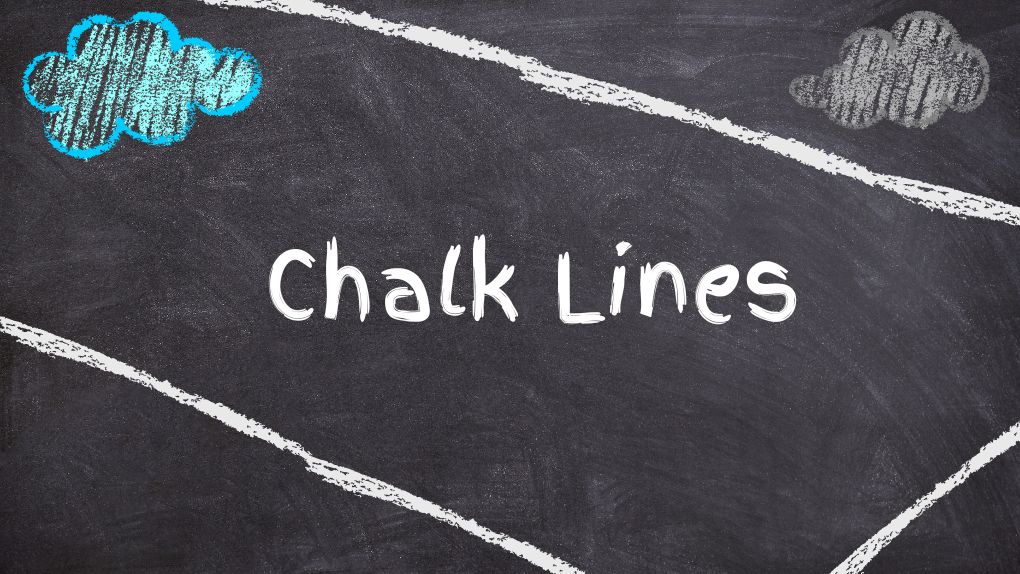“For the message of the cross is foolishness to those who are perishing, but to us who are being saved it is the power of God.” – 1 Corinthians 1:18
Thurgood Marshall, the first African-American on the Supreme Court, had a favorite story he often shared during his talks around the country. It was a story about a poor but happy family of two sisters, two brothers and their parents living in a small, humble old house. Eventually, the brothers married and moved out, the parents passed away and the sisters remained alone. At some point, they had a big fallout to the point that they even stopped talking to each other. A chalk line divided every room in the house into two parts so each sister could come and go without trespassing into the other one’s space. They could feel each other’s breathing at night and their presence during the day but remained utterly separated and indifferent. This continued for many, many years.
But then something unexpected happened. One night one of the sisters fell and broke her hip. Her sister, hearing the scream, without even thinking about it, instantly crossed over the chalk line and came to her rescue. She held her sister in her arms while waiting for the ambulance to arrive. Sometimes, amid the pain and darkness, the precious words “I am sorry” and “I love you” were heard and healing came to erase the chalk line separating them.
Sometimes, chalk lines are drawn in life, separating us from people around us. These lines are sometimes drawn by us and sometimes they are drawn by others for us. Sometimes they separate us from a random stranger and sometimes from someone very close to us, such as a beloved friend, a sibling, or another family member. Sometimes we are estranged, give-in to resentment, and draw lines over a simple misunderstanding, and sometimes when people truly violate our friendship, love and trust.
Every situation is different, and everyone is different. But two things are universally and always true. One – chalk lines are easier drawn than erased. And two, not only do they separate us from people, but also inadvertently become barriers between God and ourselves by blocking His rays of divine love and grace from reaching us.
Our faith calls for radical forgiveness. The Biblical requirement and emphasis on forgiveness are so strong that it can make those of us struggling with it feel uncomfortable with our faith and ourselves. Why should we forgive when we are the victims or when every day of our lives bears the painful consequences of someone else’s actions? In the words of St. Paul, this might sound as foolishness. But that is until we come to truly understand and find peace in the Biblical perspective of forgiveness.
Our forgiveness is directly linked and acts as a necessary precondition for divine forgiveness. We can only ask for forgiveness and expect compassion and mercy from God if we forgive those who trespass against us. “For if you forgive other people when they sin against you, your heavenly Father will also forgive you” (Matthew 6:14) as our Lord himself taught us. Furthermore, God does not ask or expect unconditional striving for forgiveness from us without himself demonstrating it first. Christ willingly gave his life on the cross for us, not because we deserved or earned it in any way, but out of his abundant and unconditional love for us.
Forgiving and reconciling are impossibly hard things requiring superhuman qualities of love, humility and trust in God. Ancient Israel walked around Jericho’s mighty and impenetrable walls tirelessly for seven days, sounding their trumpets and calling for divine intervention and mercy until the walls came down. If we, following their example, raise our unceasing prayers to the Lord, asking him to teach us to forgive and to give us his wisdom to discern and understand his will through our pain and sorrow, then undoubtedly, we will see the walls of resentment, hostility and estrangements tumbling down by the power of the living God to whom glory today and forever, amen.


